What happened at the Battle of Amiens
Theresa May is in France to mark 100th anniversary of one of the most pivotal events of First World War
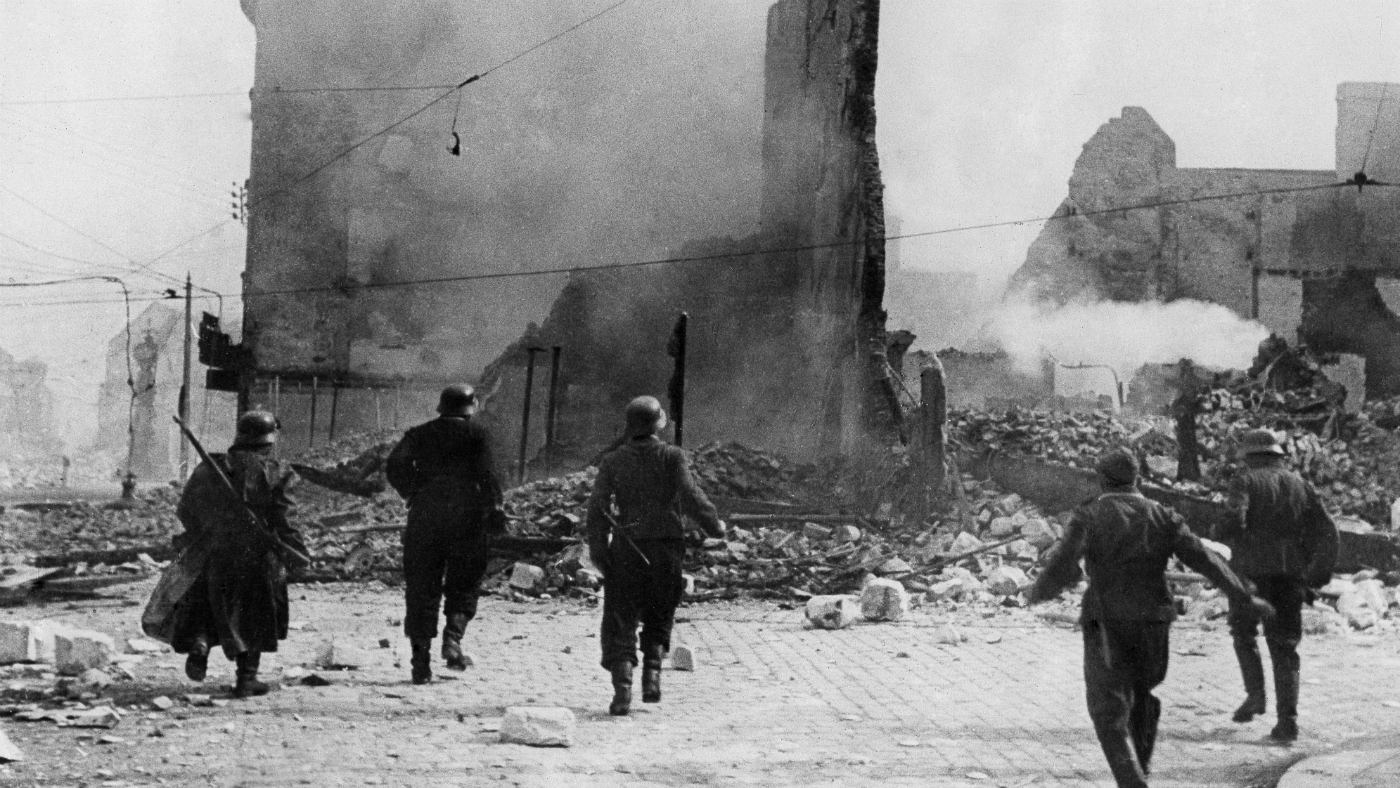
A free daily email with the biggest news stories of the day – and the best features from TheWeek.com
You are now subscribed
Your newsletter sign-up was successful
The Duke of Cambridge and Theresa May attended a ceremony in northern France today to mark the centenary of the Battle of Amiens, one of the most decisive battles of the First World War.
Prince William and the prime minister both gave readings at the service at Amiens Cathedral and laid wreaths.
The Battle of Amiens, sometimes referred to as the Third Battle of Picardy, is widely considered by historians to have been the “beginning of the end” of the Great War, and marked a major shift in the fortunes of both sides in the conflict, the BBC reports.
The Week
Escape your echo chamber. Get the facts behind the news, plus analysis from multiple perspectives.

Sign up for The Week's Free Newsletters
From our morning news briefing to a weekly Good News Newsletter, get the best of The Week delivered directly to your inbox.
From our morning news briefing to a weekly Good News Newsletter, get the best of The Week delivered directly to your inbox.
“Amiens was part of a sequence of operations, often referred to as the Hundred Days Offensive, that saw the Allies bring the long, grinding, bloody attrition of four years of trench warfare to an ultimately victorious conclusion,” History Extra says.
But what happened at Amiens, and did it truly decide the outcome of WWI?
Spring offensive
Following Russia’s withdrawal from the conflict as a result of the October Revolution in 1917, fighting ceased on the Eastern Front of the War, freeing up soldiers and equipment for the Germans.
A free daily email with the biggest news stories of the day – and the best features from TheWeek.com
With the US set to enter the conflict on the side of the Allies, the Germans needed to act quickly to secure victory on the European mainland before American reinforcements could arrive.
German forces accordingly embarked on what was known as the Spring Offensive, pushing through the French and British lines in a series of attacks code-named Georgette, Gneisenau, Blucher-Yorck and Michael, the latter of which was the largest. The ultimate goal was to push the Allies back to the English Channel and force them off the mainland.
The offensive proved devastating at first, with the Germans making the deepest advances on the Western Front by either side since 1914. But the push was too costly to continue, and many of the battles were ultimately pyrrhic victories for the Germans.
The final assault of Operation Michael petered out in April 1918 near the town of Amiens, just 40 miles from the Channel.
Counter-attack
Realising that the Germans were at their weakest, the Allied armies dug in and awaited the arrival of American military supplies over the course of spring and early summer 1918.
On 8 August, aided by dense fog, Allied forces engaged the Germans at Amiens with sudden, ferocious artillery bombardment followed by waves of infantry.
The counter-attack was devastating; catching the Germans off-guard, Allied troops advanced eight miles, caused 27,000 casualties and took 12,000 German troops prisoner - all in the first day.
According to The Guardian, the Allies swept through Amiens “with such speed that some German officers were captured while eating their breakfast”.
The offensive continued for the next three days, but “disorganisation and stiffening German resistance limited the advance”, and the Allies ended the battle, says the site of US TV network History. “Nevertheless, the offensive dealt a fatal blow to the German cause.”
The Independent says the the battle destroyed the “morale of many in the German high command, convincing them the War could not be won”.
German General Erich Ludendorff later described it as “the blackest day of the German army in the history of the War”.
The battle ultimately resulted in 46,000 Allied casualties and as many as 75,000 German losses, including those taken prisoner.
Did the battle end the War?
The Battle of Amiens was the opening phase of the Allied forces’ Hundred Days Offensive that ultimately led to the end of the War, the Daily Mirror reports.
The shift after Amiens was seismic. British wartime reporter Philip Gibbs wrote that the Allied forces were “buoyed up” with “enormous hope” as a result of the victory, while the German troops were “changed men” who “no longer have even a dim hope of victory on this Western Front”.
With victory in their sights, the Allies stormed across France and Belgium in the following months, forcing the Germans back into Central Europe. There, civil unrest and growing opposition to the War eventually spread to the armed forces and precipitated the total collapse of the German army, bringing the First World War to a close.
The History Extra site concludes that “Amiens was a turning point in the First World War”, but adds: “We should be wary of considering it a ‘decisive battle’. Modern wars are not won by single engagements.”
-
 How the FCC’s ‘equal time’ rule works
How the FCC’s ‘equal time’ rule worksIn the Spotlight The law is at the heart of the Colbert-CBS conflict
-
 What is the endgame in the DHS shutdown?
What is the endgame in the DHS shutdown?Today’s Big Question Democrats want to rein in ICE’s immigration crackdown
-
 ‘Poor time management isn’t just an inconvenience’
‘Poor time management isn’t just an inconvenience’Instant Opinion Opinion, comment and editorials of the day
-
 What do the different coloured poppies symbolise?
What do the different coloured poppies symbolise?In Depth Volunteers are distributing millions of poppies in the run up to Remembrance Day
-
 First World War: four things we get wrong
First World War: four things we get wrongIn Depth
-
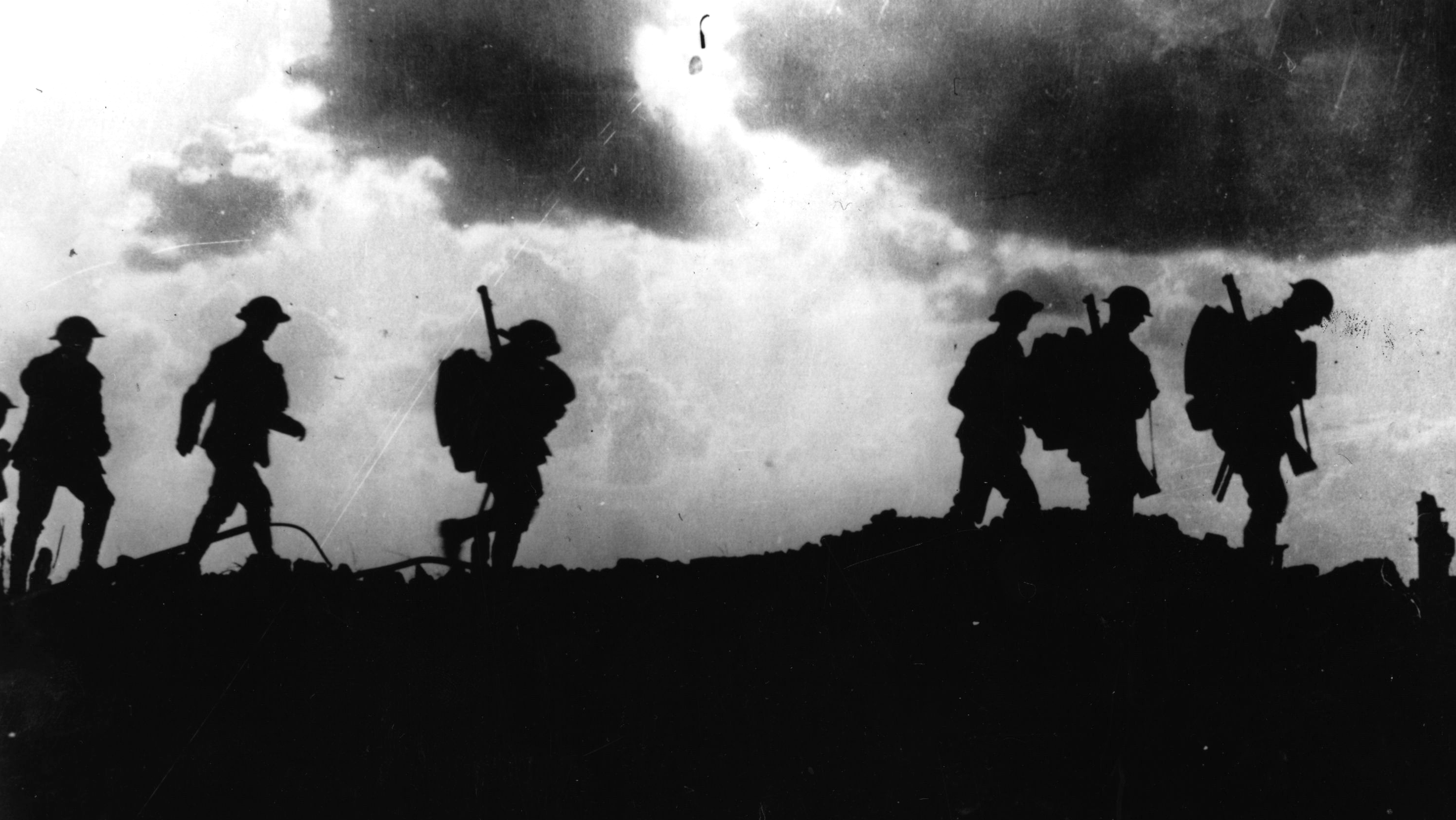 The secret history of the gay soldiers who served in the First World War
The secret history of the gay soldiers who served in the First World WarIn Depth Discrimination and persecution has led to gay soldiers of the Great War being seen as tragic figures, but this was not always the case
-
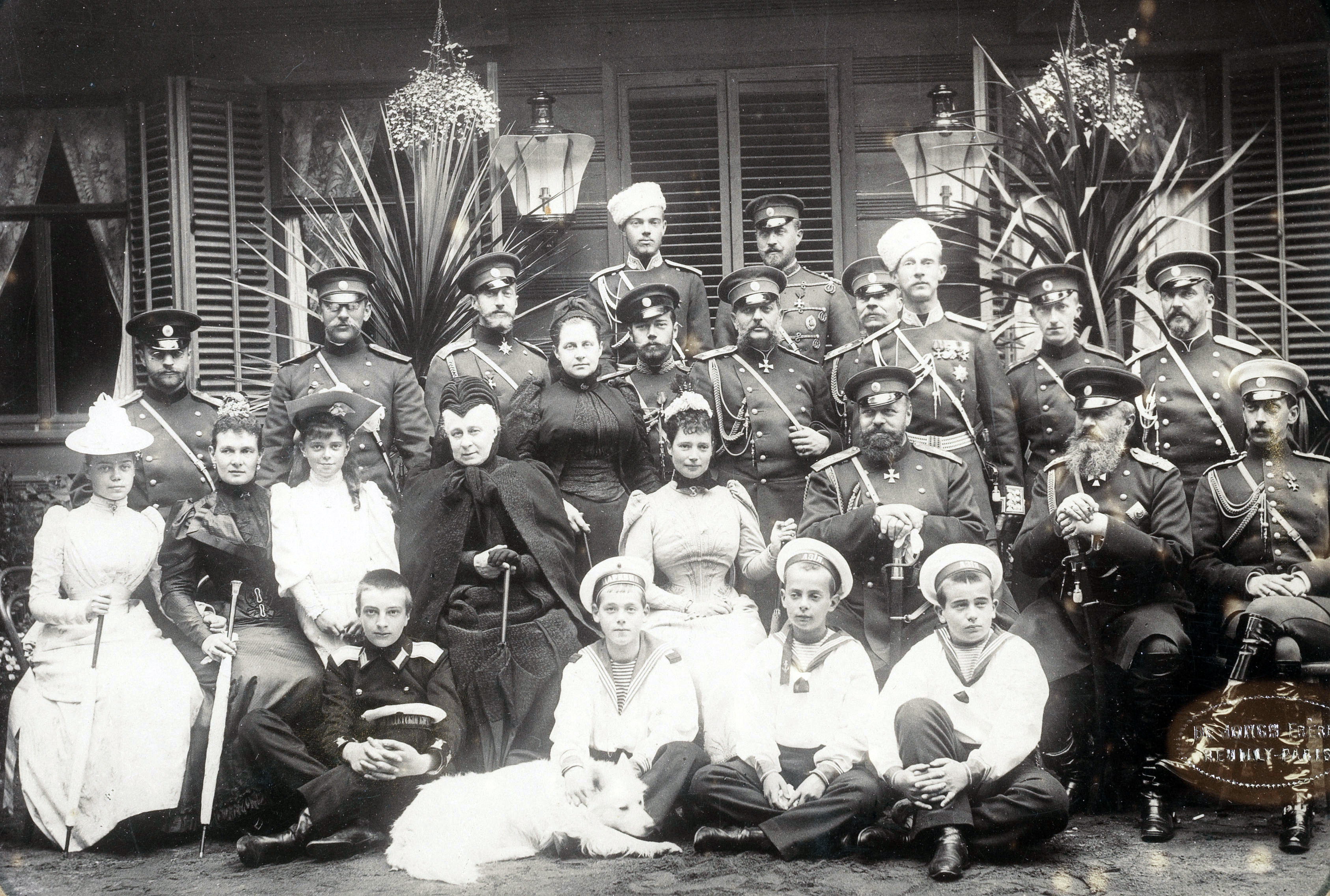 The Romanoffs: how did the Tsar and his family die?
The Romanoffs: how did the Tsar and his family die?In Depth New series about descendants of the Russian royal family comes to Amazon Prime
-
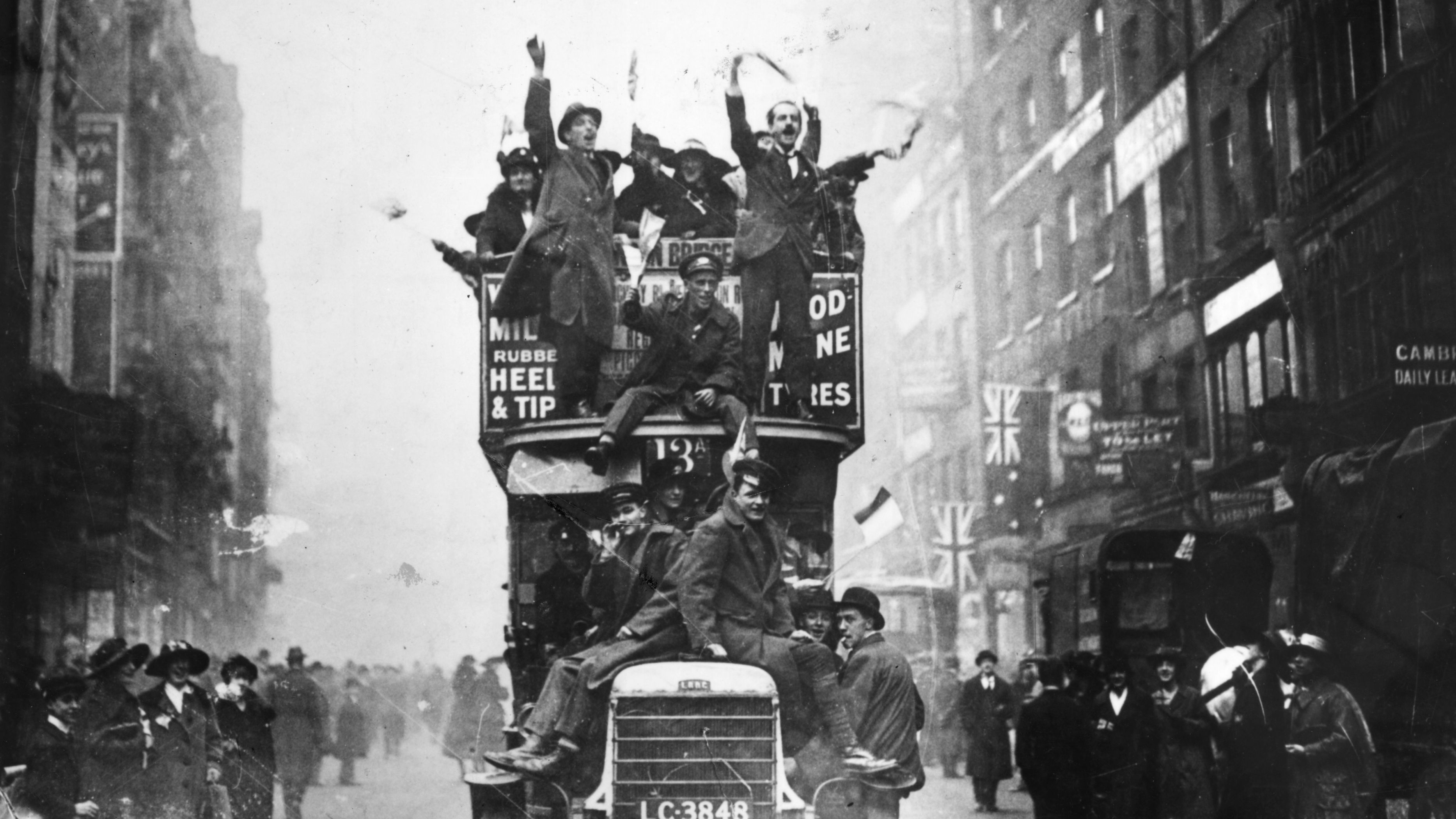 How did World War One end?
How did World War One end?In Depth Duchess of Cornwall marks Armistice Day at Westminster Abbey
-
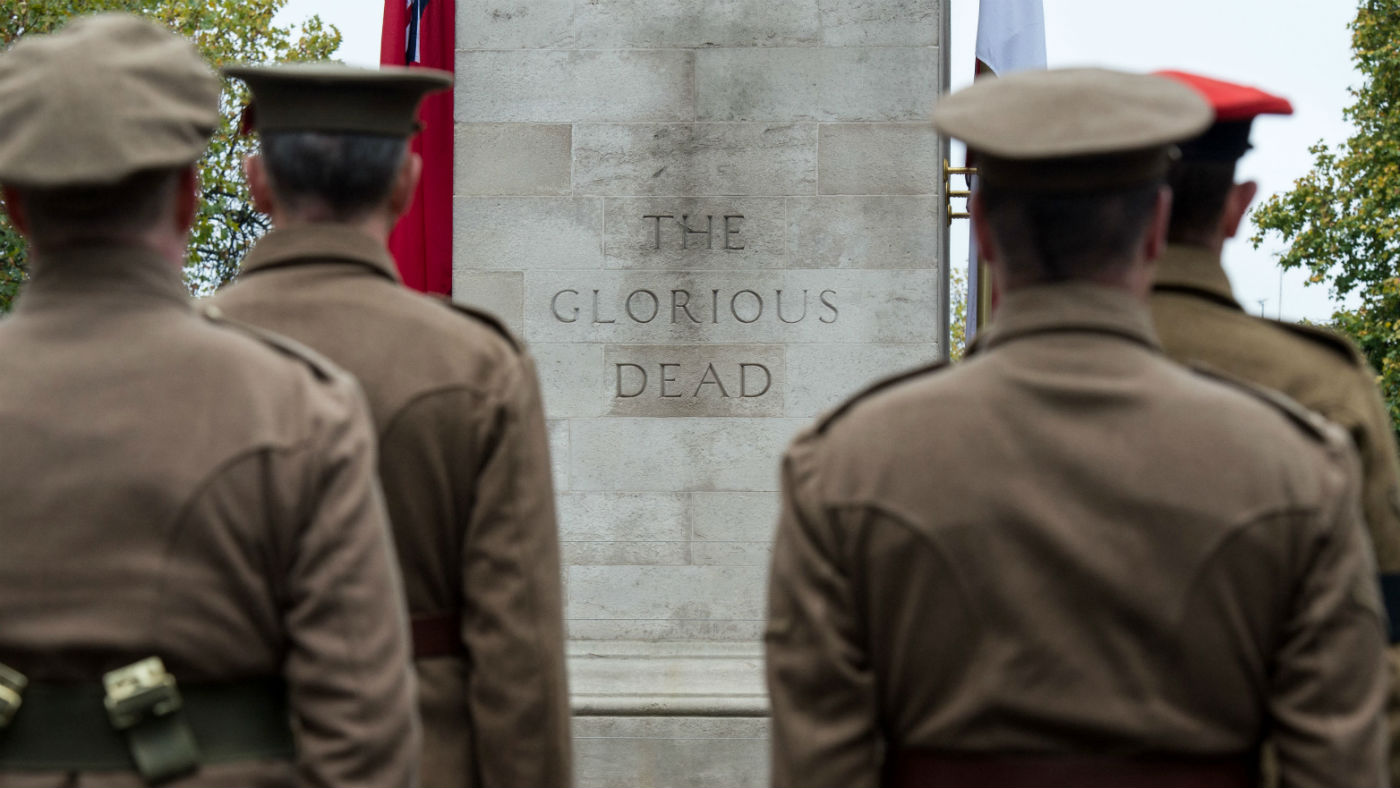 First World War centenary: Armistice events around the UK
First World War centenary: Armistice events around the UKThe Week Recommends A selection of events going on around the country as the UK prepares to commemorate 100 years since the end of World War One
-
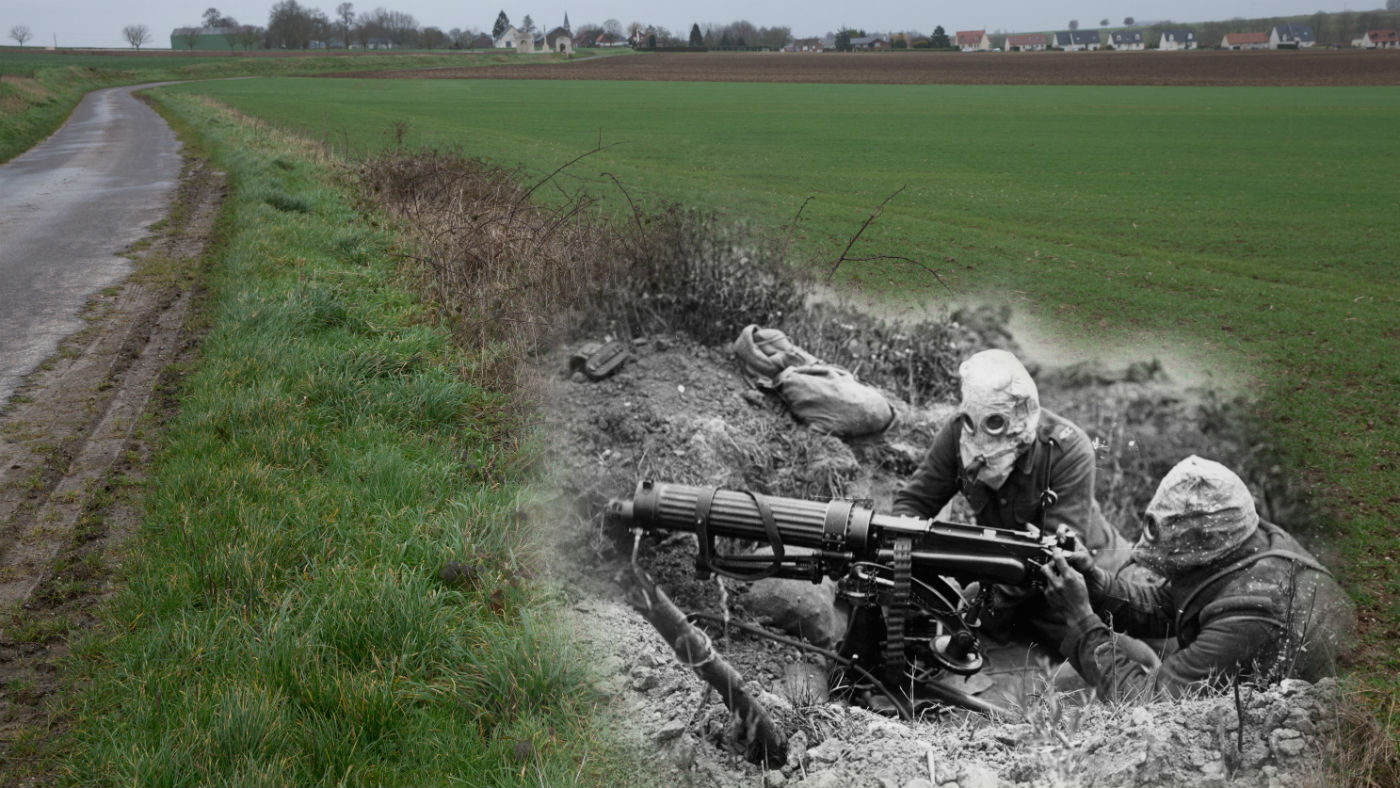 First World War composite photos bring past to life
First World War composite photos bring past to lifeIn Depth Then-and-now images put snapshots of the Great War in a 21st century setting
-
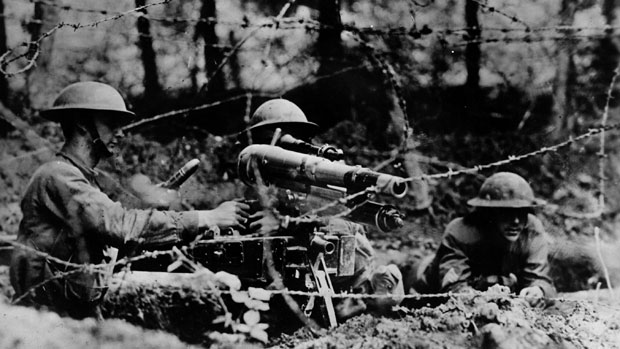 Why the Battle of the Somme was so significant
Why the Battle of the Somme was so significantIn Depth Commemorations are taking place in Thiepval to mark centenary of infamous World War One battle